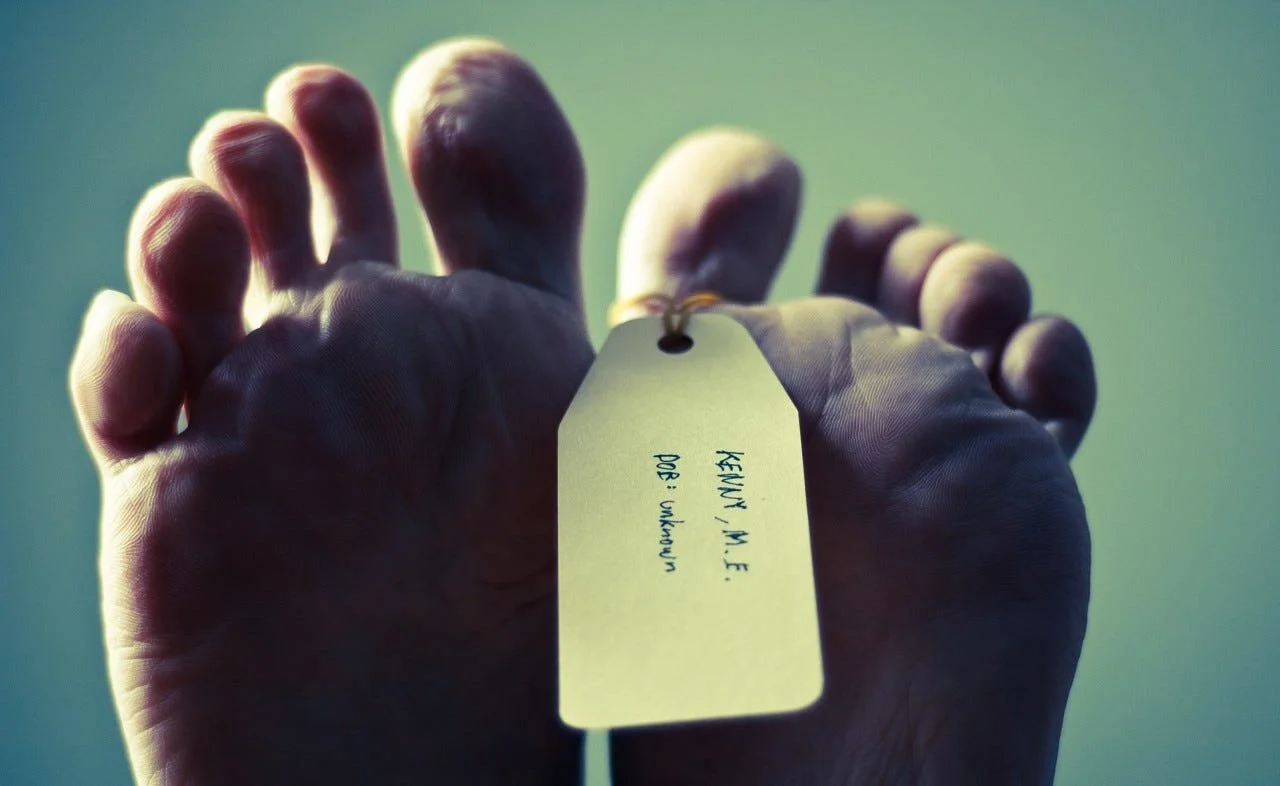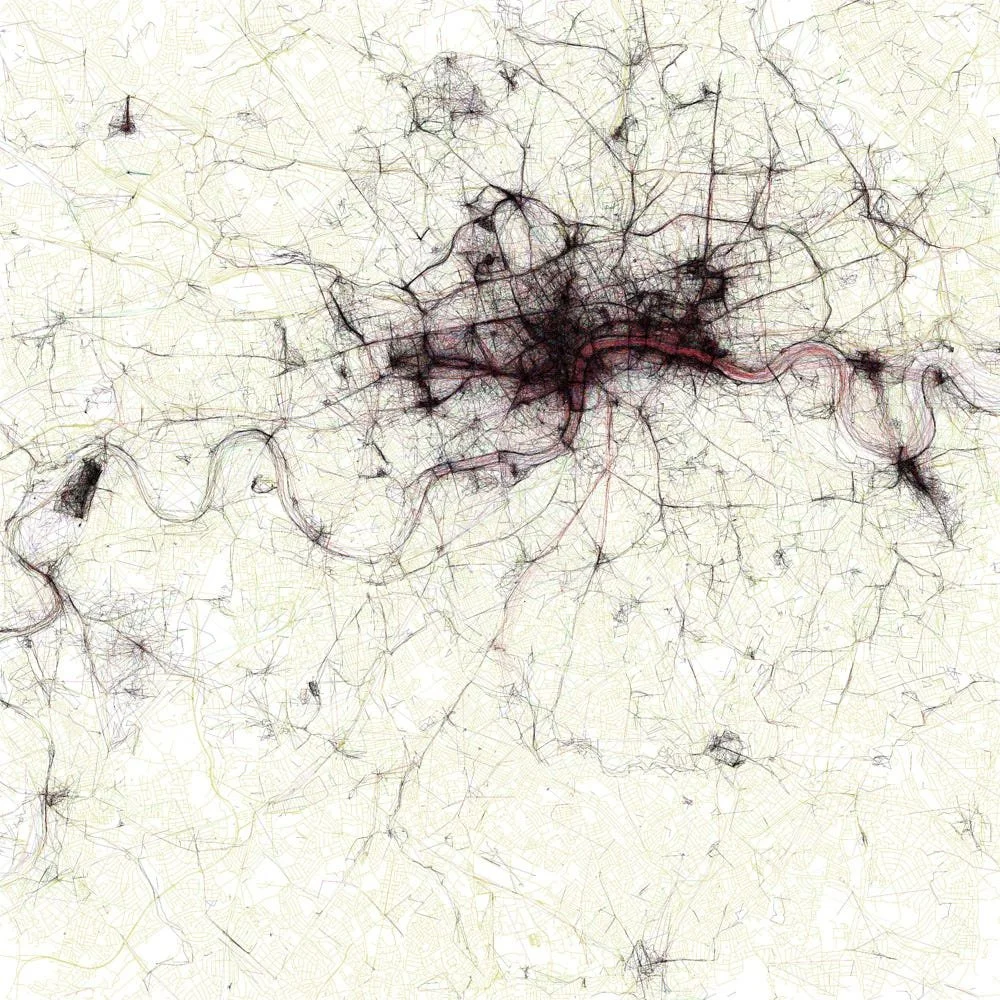Life & Death in Silicon Valley
This piece was written awhile back for a presentation I gave, but seems like a fitting retort to Zachary Slayback’s recent defense of longer hours, most especially in light of Thomas Mackowiak’s recent, and tragic death at Apple. Please note that this essay in no way is meant to disrespect the family or friends of Mr. Mackowiak, whom undoubtedly mourn his passing.
The issue that I’d like to address is the mostly ignored and stigmatization of mental illness, addiction and over-work that the Silicon Valley has become synonymous with — not in all quarters, but in many.
For the life of me, I can’t see how anyone can go from Mackowiak’s death to arguing for longer hours for young start-up workers. Nor does it strike me as exactly the wisdom one would expect from a fellow “Top Voice” whose domain expertise is in education. To be blunt-Mr. Slayback lives in Pittsburgh and is clueless about how things work, and how long and for how little reward knowledge workers work here in the Valley. I invite him to come on out and take a week and research it before penning another moronic defense of wage inequity. I also invite Mr. Slayback to spend 70 hours straight programming and then see how he feels about “allowing us to work longer hours”.
Ask just about any MBA to offer their favorite business adage, and they’ll most likely recite Peter Drucker’s now-famous quote, “Culture eats strategy for breakfast.” As a strategist, I take offense to being classed among eggs and bacon, croissants and coffee.
How many MBAs actually understand what Drucker was saying?
Drucker was not referring to an esprit de corps that encourages people to work themselves to death. Quite the opposite, culture to Drucker was the human aspect of the organization that carried the mandate of care, commonality, and shared cause.
So, what is culture today? And, perhaps more importantly, what has it got to do the conflation of long hours in the hyper-pace start-up market? Is culture-as-breakfast becoming culture-as-slave wage hours, on-site-kegerator and a ticking time bomb for start-up workers?
I think so, unfortunately.
Let’s be clear: I do not believe that a company should entirely eschew the profit motive for the sake of its employees, I think they should jettison bad work environments and unhealthy pressures that have people rolling in around 5 am and leaving at 7. When companies persuade employees to accept exploitation in the name of prestige, fun, or future wealth, they deceive themselves about the longevity of that worker and their own humanity.
The real bottom line is that you ought to be careful with your company culture and your people’s health. Very careful. As much as you might think having a ping-pong table and a full bar perched on top of the refrigerator is “culture”, it’s not. Those are perks and pretty flimsy ones at that. Given even a cursory glance at the identity chasm between what is old corporate, new corporate, and start-up, it’s not surprising that the latter categories struggle to find ways to keep their people working and happy. Even though ads during the Super Bowl might have you thinking that drinking a Coors Lite and buying a Chevy Colorado is going to make your life better, the dilemma is on the inside.
As hard-working as your staff might be, do you know if they are actually happy?There are three major problems currently plaguing the modern American workplace today right now.
Recreational drinking
Long work hours
Mental health issues
Everyone from the Founder to the lowly intern who used the boxes his PCs came in as a desk ought is affected by them. Here’s a look at how these three critical junctions of human health and productivity are impacting businesses and their employees.
Effects of the Lengthened Work Day
Almost 20% of adults employed full-time in the U.S. work more than 60 hours a week. Studies have linked long working hours to adverse health outcomes, such as hypertension, diabetes, sleep disorders, and poor psychological health. If those figures don’t surprise you then you should know what working 61–70 hours a week has been linked to an increased risk of chronic heart disease by 42%.
On Wall Street and in the Silicon Valley, working long hours is a source of self-worth and prestige. On Wall Street, recent grads work brutal, demeaning hours, while Silicon Valley companies disguise the expectation of working long hours as a lifestyle with “perks” like flex schedules, (we don’t care where you’re working or when you’re working, as long as you’re always working), unlimited vacation, and offices full of modern furnishings, bean bag filled conversation pits, espresso machines, and adult toys and lots of food. I forgot to mention that the veritable “programmer’s gut” is a site you see more and more of everyday.
It’s no surprise to find that the technorati elite have developed an ideology to justify its power and it’s excesses. Silicon Valley CEOs’ who valorize long hours and sleep deprivation are its prime exemplars: YAHOO! CEO Marissa Mayer only sleeps four hours a night, and Facebook COO Sheryl Sandberg feeds her kids dinner then goes back to work.
Beyond that, “We few, we happy few, we band of brothers,” feeling of belonging to an elite group, employees who regularly work extended hours are also experiencing physical and mental health issues. Some are even dying, either from some stress-related condition or by suicide. The “10x engineer” capable of working longer and harder to produce prototypes, products or capital faster is highly prized — and endangered and more recently dead in a conference room in Cupertino. Wake up folks, something is very wrong. This young man did not have to die, and that he did at work with a gun in his hand should send alarm bells throughout the Valley.
I have not heard any as of yet.
The Real Damage Report
Most managers today are well aware of the fact that workplace stress is directly linked to physical health and psychological problems. Almost 1MM U.S. employees miss work each day due to workplace stress The indirect costs of untreated mental health disorders result in $79B annual loss due to loss of productivity and absenteeism. Moreover, depression results in more days of disability than chronic health conditions like heart disease, hypertension and diabetes, and mood disorders are estimated to cost more than $50B/year in lost productivity.
Both of the conditions are exacerbated by, guess what? Lack of sleep, exhaustion, overwork, and alcohol. It gets worse: these growing problems are borne of a potent cocktail comprised of newly minted wealth, male testosterone, intense competition between companies and their workers, the deadline pressure of one product launch after another, and a robust regional black-market drug pipeline.
Sounds like that famous Drucker breakfast in 2016 starts with a side of Adderall, a shower beer and some soylent.
Suicide rates in the U.S. have steadily increased since the dot-com bust in 2000. Suicide has the dubious distinction of having reached its highest rate in 15 years, and surpassing traffic accidents as the leading cause of injury deaths. Not surprisingly, Silicon Valley has record high rates of suicide by (Cal)train, one of the highest divorce rates in the world, more children who are psychologically disturbed than less affluent areas, and widespread drug and alcohol abuse. The intense pressure to perform and widespread publicity creates a recipe for disaster for young entrepreneurs while tech workers spend more time with their laptop than their loved ones and have stopped living in accordance to values and goals that compel them to connect with life.



